Poets do not go mad; but chess players do. Mathematicians go mad, and cashiers; but creative artists very seldom
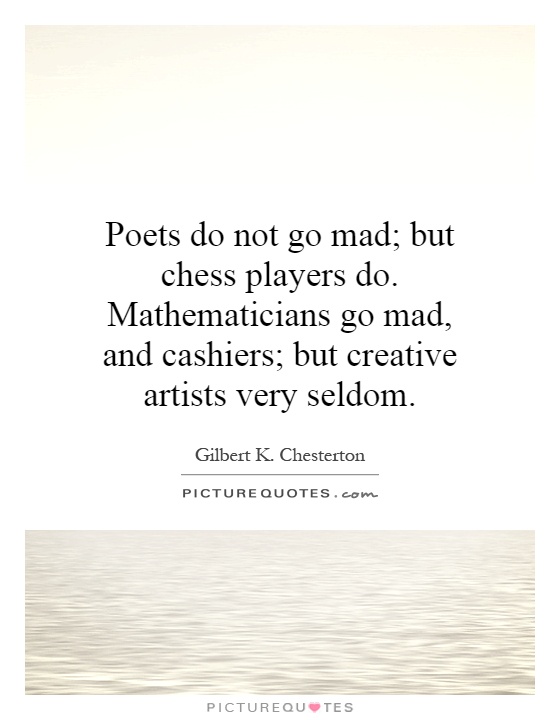
Poets do not go mad; but chess players do. Mathematicians go mad, and cashiers; but creative artists very seldom
Gilbert K. Chesterton, a renowned English writer, poet, and philosopher, once famously said, "Poets do not go mad; but chess players do. Mathematicians go mad, and cashiers; but creative artists very seldom." This statement sheds light on the unique and often misunderstood nature of creative individuals, particularly poets, in comparison to those in other professions.Chesterton's observation about poets not going mad is quite intriguing. Poets are known for their ability to express their emotions, thoughts, and experiences through the power of words. They have a deep understanding of human emotions and the world around them, which allows them to channel their innermost feelings into their poetry. This creative outlet serves as a form of therapy for poets, enabling them to process their emotions and make sense of the world in a way that is both cathartic and enlightening.
On the other hand, chess players, mathematicians, and cashiers are often required to adhere to strict rules, logic, and precision in their respective fields. Chess players must strategize and think several moves ahead, mathematicians must solve complex equations and problems, and cashiers must accurately handle transactions and balance accounts. The rigidity and structure of these professions can sometimes lead to feelings of frustration, stress, and even madness, as individuals may feel constrained by the rules and limitations imposed upon them.
Creative artists, on the other hand, have the freedom to explore their imagination, experiment with different forms of expression, and push the boundaries of conventional thinking. This freedom allows them to tap into their creativity and produce works of art that are both innovative and thought-provoking. While the creative process can be challenging and demanding, it also offers a sense of liberation and fulfillment that is often lacking in more traditional professions.

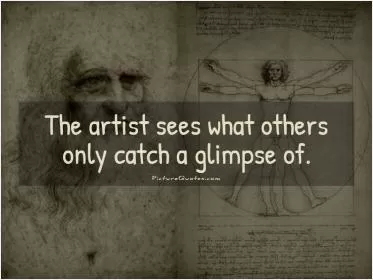
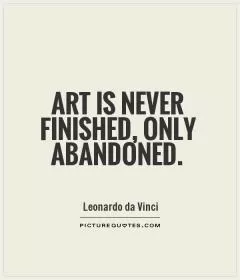
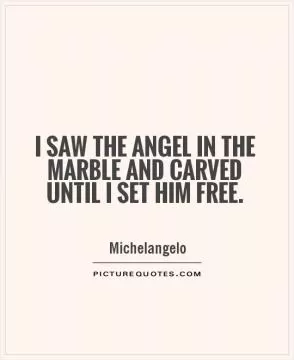
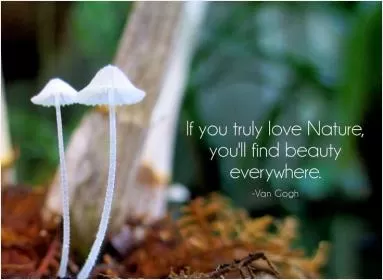
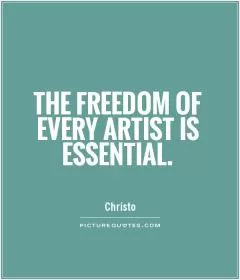
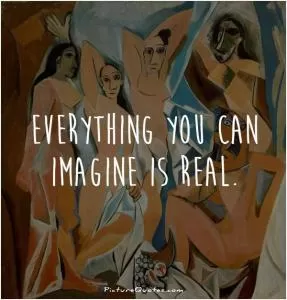
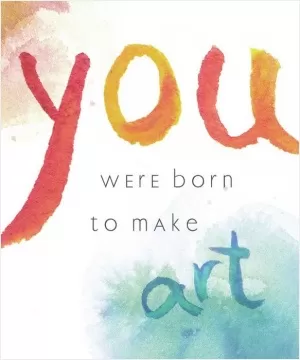
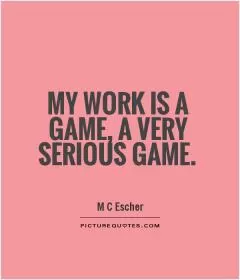
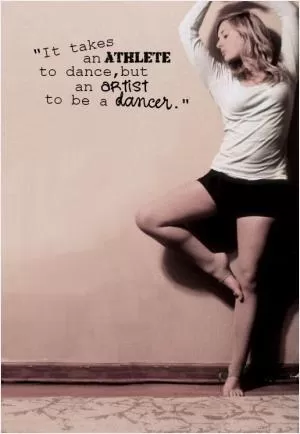
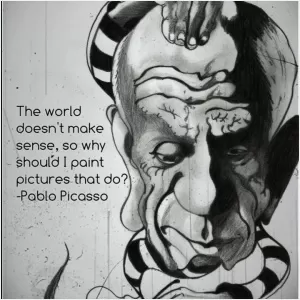
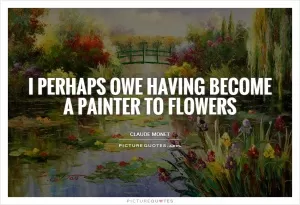
 Friendship Quotes
Friendship Quotes Love Quotes
Love Quotes Life Quotes
Life Quotes Funny Quotes
Funny Quotes Motivational Quotes
Motivational Quotes Inspirational Quotes
Inspirational Quotes